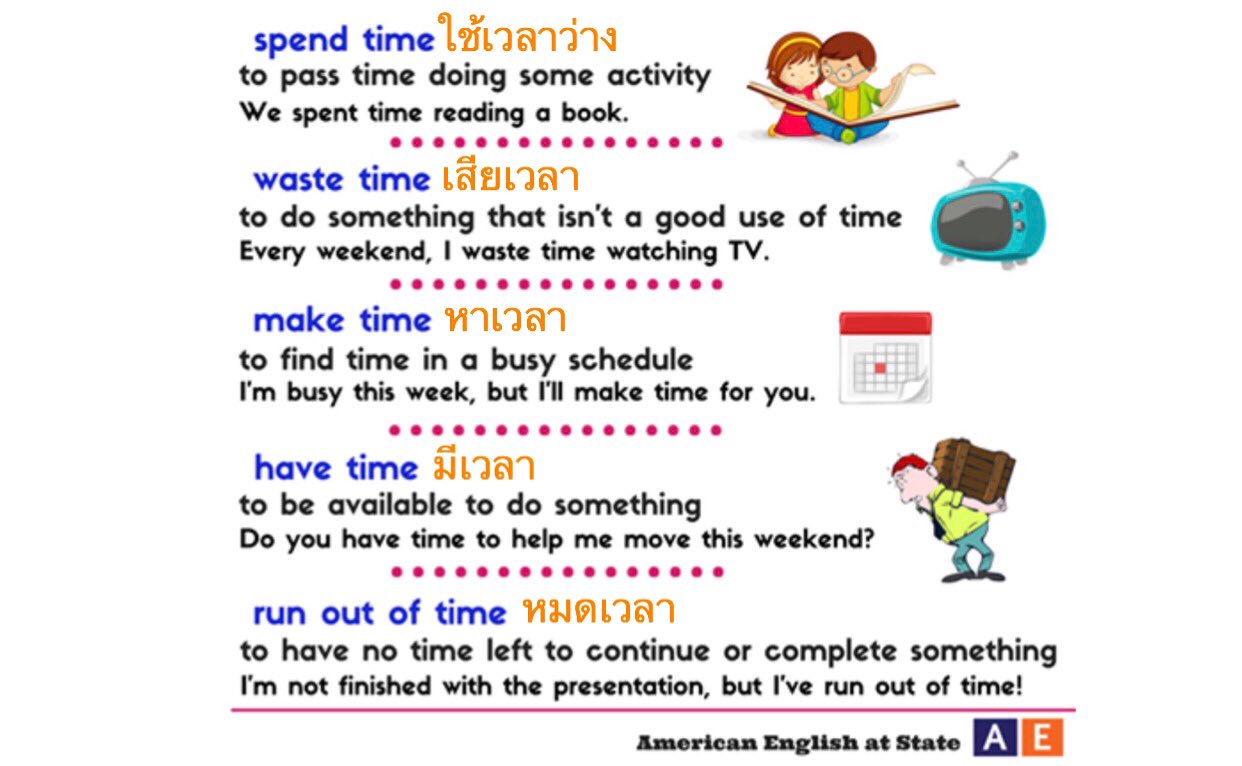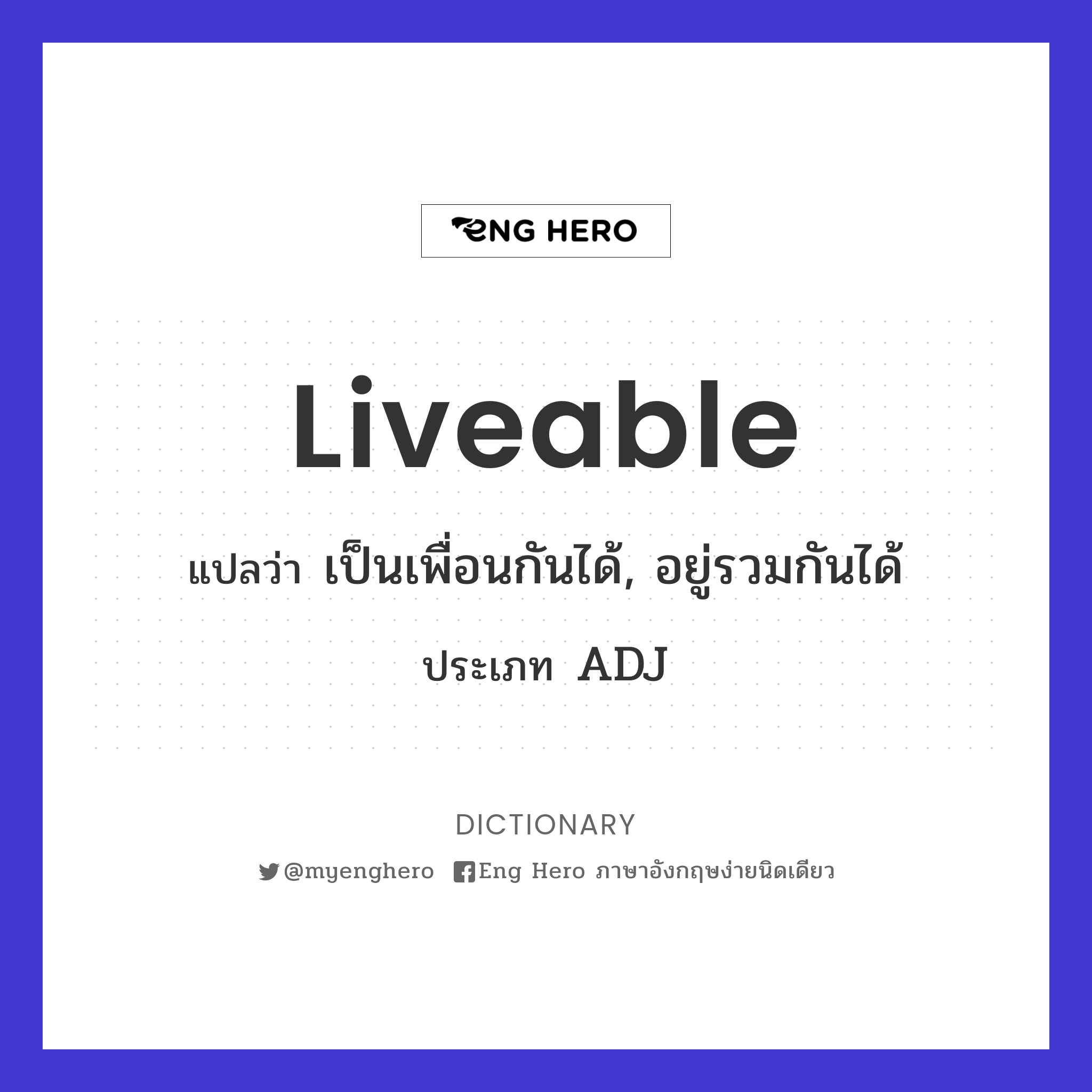เป็น เพื่อน กัน ภาษา อังกฤษ: ความสนุกในการเรียนรู้และแบ่งปัน
คำว่า ‘เพื่อน’ ภาษาอังกฤษ มีคำไหนอีกบ้าง | Eng ลั่น [By We Mahidol]
Keywords searched by users: เป็น เพื่อน กัน ภาษา อังกฤษ เราสามารถเป็นเพื่อนกันได้นะ ภาษาอังกฤษ, let’s be friends แปลว่า, ฉันหวังว่าเราจะเป็นเพื่อนกันได้ ภาษาอังกฤษ, ฉันยินดีเป็นเพื่อนกับคุณ ภาษาอังกฤษ, พวกเขาเป็นเพื่อนกัน ภาษาอังกฤษ, พวกเราเป็นเพื่อนกัน ภาษาอังกฤษ, คุณจะรังเกียจไหม ฉันอยากเป็นเพื่อนกับคุณ ภาษาอังกฤษ, we can be friends แปลว่า
เป็น เพื่อน กัน ภาษา อังกฤษ: A Comprehensive Guide to Friendship in English
In the vast landscape of language and communication, the phrase “เป็น เพื่อน กัน” in Thai translates to “Let’s be friends” in English. This simple yet powerful expression holds significant cultural and linguistic implications. In this comprehensive guide, we will delve into the meaning of เป็น เพื่อน กัน ภาษา อังกฤษ, explore related expressions and phrases, discuss cultural nuances affecting friendships, examine how being friends can aid language learning, navigate online friendships, troubleshoot communication challenges, leverage online media for language development, and offer practical advice for understanding English culture through friendship. Let’s embark on a journey to understand the intricacies of friendship in the English language.
1. ความหมายของ เป็น เพื่อน กัน ภาษา อังกฤษ
เมื่อเราพูดถึง “เป็น เพื่อน กัน” ในภาษาไทย นั้นหมายถึงการเชิญชวนให้เป็นเพื่อนกันในทางทั่วไป ในภาษาอังกฤษมีหลายวลีและคำศัพท์ที่สามารถแปลเทียบได้ เช่น “Let’s be friends,” “Can we be friends?” และ “I hope we can be friends.” ถ้าคุณต้องการให้คำขอเป็นเพื่อนอย่างเป็นทางการคุณสามารถใช้วลี “Would you like to be friends?” ได้อีกด้วย
การเป็นเพื่อนในทางภาษาอังกฤษมีความสำคัญไม่น้อยเลยทีเดียว เพราะมันเป็นที่เก็บรวบรวมความเข้าใจร่วมกัน สร้างพื้นที่สำหรับการแลกเปลี่ยนความคิดเห็น และเสริมสร้างความสัมพันธ์ที่ดีระหว่างผู้คน
2. การใช้คำพูดและวลีที่เกี่ยวข้องกับการเป็นเพื่อน
การใช้คำพูดและวลีที่เกี่ยวข้องกับการเป็นเพื่อนเป็นทางที่ดีในการสร้างความสนใจและเข้าใจกันในภาษาอังกฤษ นี่คือบางตัวอย่างที่คุณอาจพบ:
- “I’m glad we’re friends.”
- “Let’s be friends forever.”
- “Can we be friends despite our differences?”
การใช้คำพูดที่เกี่ยวข้องกับความรู้สึกและความต้องการทำให้ความสัมพันธ์กับเพื่อนเป็นไปอย่างราบรื่นและน่าทึ่ง
3. ข้อแตกต่างในวัฒนธรรมที่มีผลต่อการเป็นเพื่อน
วัฒนธรรมมีบทบาทในการกำหนดพฤติกรรมของการเป็นเพื่อนในทุกประการ ตัวอย่างเช่น ในบางวัฒนธรรมการเป็นเพื่อนอาจหมายถึงการให้ความช่วยเหลือและความเข้าใจ ในขณะที่ในบางวัฒนธรรมอื่น ๆ มันอาจหมายถึงการเที่ยวเป็นกลุ่มและมีกิจกรรมร่วมกัน การเข้าใจข้อแตกต่างนี้จะช่วยให้การสื่อสารกับเพื่อนที่มีวัฒนธรรมต่างๆ กันเป็นไปอย่างราบรื่น
4. การเรียนรู้ภาษาอังกฤษผ่านการเป็นเพื่อน
การมีเพื่อนที่ใช้ภาษาอังกฤษเป็นภาษาหลักมีประโยชน์มากในการพัฒนาทักษะทางภาษาของคุณ การสื่อสารในภาษาที่คุณต้องการศึกษาจะช่วยเพิ่มความเข้าใจของคำศัพท์และไวยกรณ์ นอกจากนี้ยังช่วยให้คุณมีโอกาสในการฝึกพูดและฟังภาษาอังกฤษในบรรยากาศที่แท้จริง
5. การสื่อสารในการเป็นเพื่อนทางออนไลน์
การสื่อสารในโลกออนไลน์เป็นส่วนสำคัญของการเป็นเพื่อนในยุคปัจจุบัน คำถามที่มักพบคือ “คุณจะรังเกียจไหม ฉันอยากเป็นเพื่อนกับคุณ?” ในทางออนไลน์นี้ การสื่อสารต้องเป็นเรื่องปรับอากาศและมีความรับผิดชอบ เพื่อป้องกันความเข้าใจที่ผิดพลาด
6. วิธีการแก้ไขปัญหาในการสื่อสารเป็นเพื่อน
การแก้ไขปัญหาและความขัดแย้งในการสื่อสารเป็นเพื่อนคือส่วนสำคัญของความสัมพันธ์ คำแนะนำสำหรับการแก้ไขปัญหานี้รวมถึงการฟังอย่างตั้งใจ, การให้ความเห็นอย่างสร้างสรรค์, และการตกลงที่จะแก้ไขปัญหาร่วมกัน
7. การใช้สื่อออนไลน์ในการพัฒนาทักษะภาษา
การใช้สื่อออนไลน์เป็นเครื่องมือที่มีประสิทธิภาพในการพัฒนาทักษะภาษา นอกจากการสื่อสารกับเพื่อนผ่านช่องทางออนไลน์ ยังสามารถใช้วิดีโอ, แบล็กบอร์ด, และแอปพลิเคชันที่ออกแบบมาเพื่อสนับสนุนการฝึกทักษะทางภาษา
8. คำแนะนำสำหรับการสร้างความเข้าใจในวัฒนธรรมอังกฤษ
การเข้าใจวัฒนธรรมอังกฤษมีความสำคัญในการเป็นเพื่อน การรู้จักและเคารพถึงประเพณี, ประสบการณ์, และความคิดเห็นทางวัฒนธรรม จะทำให้ความสัมพันธ์เป็นไปอย่างเต็มที่และราบรื่น
9. การนำไปใช้ในชีวิตประจำวัน
ทั้งหมดที่ได้เรียนรู้จากการเป็นเพื่อนในภาษาอังกฤษสามารถนำไปใช้ในชีวิตประจำวันได้ เช่น การใช้ภาษาที่เรียบง่ายในการสื่อสาร, การให้ความเห็นที่สร้างสรรค์, และการเรียนรู้จากประสบการณ์ทางวัฒนธรรม
FAQs (คำถามที่พบบ่อย)
Q1: เราสามารถเป็นเพื่อนกันได้นะ ภาษาอังกฤษ แปลว่าอย่างไร?
A1: “เราสามารถเป็นเพื่อนกันได้นะ” ในภาษาอังกฤษแปลว่า “We can be friends.”
Q2: ฉันหวังว่าเราจะเป็นเพื่อนกันได้ ภาษาอังกฤษ แปลว่า?
A2: “ฉันหวังว่าเราจะเป็นเพื่อนกันได้” ในภาษาอังกฤษแปลว่า “I hope we can be friends.”
Q3: ฉันยินดีเป็นเพื่อนกับคุณ ภาษาอังกฤษ แปลว่า?
A3: “ฉันยินดีเป็นเพื่อนกับคุณ” ในภาษาอังกฤษแปลว่า “I’m glad to be friends with you.”
Q4: พวกเขาเป็นเพื่อนกัน ภาษาอังกฤษ แปลว่า?
A4: “พวกเขาเป็นเพื่อนกัน” ในภาษาอังกฤษแปลว่า “They are friends.”
Q5: พวกเราเป็นเพื่อนกัน ภาษาอังกฤษ แปลว่า?
A5: “พวกเราเป็นเพื่อนกัน” ในภาษาอังกฤษแปลว่า “We are friends.”
Q6: คุณจะรังเกียจไหม ฉันอยากเป็นเพื่อนกับคุณ ภาษาอังกฤษ แปลว่า?
A6: “คุณจะรังเกียจไหม ฉันอยากเป็นเพื่อนกับคุณ” ในภาษาอังกฤษแปลว่า “Would you mind? I’d like to be friends with you.”
Q7: we can be friends แปลว่า?
A7: “we can be friends” ในภาษาไทยแปลว่า “เราสามารถเป็นเพื่อนกันได้.”
การเป็นเพื่อนในภาษาอังกฤษไม่เพียงแค่คำพูดเท่านั้น มันเป็นทั้งกระบวนการและประสบการณ์ที่สร้างความสัมพันธ์ที่หลากหลายและมีความหมายสำคัญในทุกช่วงของชีวิต จากการใช้ภาษาในการสื่อสารถึงการเรียนรู้จากประสบการณ์ทางวัฒนธรรม การเป็นเพื่อนในภาษาอังกฤษเป็นทางที่ท้าทายแต่ก็เติบโตและมีคุณค่าที่ยิ่งใหญ่ในการเสริมสร้างความเข้าใจระหว่างบุคคลและวัฒนธรรมที่แตกต่างกัน.
Categories: สรุป 71 เป็น เพื่อน กัน ภาษา อังกฤษ
![คำว่า 'เพื่อน' ภาษาอังกฤษ มีคำไหนอีกบ้าง | Eng ลั่น [by We Mahidol] คำว่า 'เพื่อน' ภาษาอังกฤษ มีคำไหนอีกบ้าง | Eng ลั่น [by We Mahidol]](https://lasbeautyvn.com/wp-content/uploads/2023/12/hqdefault-951.jpg)
ภาษา หรือลองค้นหาคำในรูปแบบอื่น ๆ: be friends, -be friends-
เราสามารถเป็นเพื่อนกันได้นะ ภาษาอังกฤษ
เราสามารถเป็นเพื่อนกันได้นะ ภาษาอังกฤษ: A Comprehensive Guide
Introduction
In a world that thrives on connections and relationships, the idea of forming friendships transcends linguistic barriers. “เราสามารถเป็นเพื่อนกันได้นะ” translates to “We can be friends” in English, a simple yet profound statement that opens the door to camaraderie and understanding. In this article, we delve deep into the intricacies of building friendships and explore the nuances of expressing this sentiment in the Thai and English languages.
The Cultural Significance of Friendship
Friendship is a universal concept that holds significant cultural value in both Thai and English-speaking societies. In Thai culture, relationships are often built on a foundation of mutual respect and warmth. The phrase “เราสามารถเป็นเพื่อนกันได้นะ” encapsulates the Thai spirit of hospitality and openness, inviting others to share in the joy of companionship.
Similarly, in English-speaking cultures, the notion of friendship is highly esteemed. The English language offers various expressions and idioms to convey the idea of forming friendships, reflecting the cultural importance placed on social bonds.
Navigating Language Nuances
To effectively communicate the desire to be friends in English, it’s essential to understand the nuances of the language. The phrase “We can be friends” is a straightforward and welcoming expression, indicating a willingness to connect on a personal level. English, being a language rich in context, allows for both formal and informal expressions of friendship.
On the other hand, Thai language nuances play a crucial role in conveying sincerity and warmth. “เราสามารถเป็นเพื่อนกันได้นะ” is not just a statement; it is an invitation that reflects the Thai cultural emphasis on harmonious relationships. Understanding the subtleties of Thai communication enhances the authenticity of the friendship gesture.
Cultural Exchange Through Language
Language serves as a bridge between cultures, fostering understanding and unity. When we express the desire to be friends in both Thai and English, we engage in a cultural exchange that goes beyond words. It is an acknowledgment of the diversity that makes our global community vibrant and interconnected.
For English speakers learning Thai, expressing the sentiment “เราสามารถเป็นเพื่อนกันได้นะ” can be a meaningful step towards cultural integration. Likewise, for Thai speakers learning English, understanding the nuances of friendship expressions contributes to effective cross-cultural communication.
FAQ Section
-
How do I say “We can be friends” in English?
- The phrase “We can be friends” is a direct and commonly used expression in English to convey the desire to form a friendship.
-
Is there a formal way to express friendship in Thai?
- Thai culture generally values informal and warm expressions. However, adding polite particles like “ครับ” or “ค่ะ” to the phrase can enhance formality.
-
What cultural aspects should I be aware of when making friends in Thailand?
- Respect for elders, a friendly demeanor, and a willingness to engage in small talk are highly valued in Thai culture. Being genuine and open contributes to building strong friendships.
-
Are there other ways to express friendship in English?
- Yes, English offers various expressions such as “Let’s be friends,” “I’d love to be your friend,” or “Can we be friends?” Each carries its own nuances.
-
How can language contribute to cross-cultural understanding?
- Language serves as a tool for cultural exchange, enabling individuals to connect, learn, and appreciate different perspectives. Expressing friendship in different languages fosters a sense of global unity.
Conclusion
“เราสามารถเป็นเพื่อนกันได้นะ” transcends linguistic boundaries, embodying the universal desire for connection and friendship. In exploring the depths of expressing this sentiment in both Thai and English, we uncover the richness of cultural exchange that language facilitates. As we navigate the intricacies of language nuances, we discover that the essence of friendship remains a powerful force that unites us all.
Let’S Be Friends แปลว่า
let’s be friends แปลว่า: A Comprehensive Guide to Friendship in Thai Culture
Introduction:
Friendship is a universal concept that transcends borders and cultures. In Thai culture, the phrase “let’s be friends” translates to “เป็นเพื่อนกัน” (pronounced pen-puen-gun). Establishing and maintaining friendships in Thailand involves unique cultural nuances and expressions. This article aims to delve into the intricacies of “let’s be friends แปลว่า,” offering a comprehensive guide that explores the cultural and linguistic aspects of friendship in the Thai context.
Understanding the Phrase:
The Thai language is rich in expressions and subtleties, and the phrase “เป็นเพื่อนกัน” encapsulates the essence of forming a connection. “เป็นเพื่อน” (pen-puen) translates to “be friends,” and “กัน” (gun) is an inclusive pronoun that emphasizes mutual involvement. Together, the phrase conveys a genuine invitation to establish a bond of friendship.
Cultural Dynamics of Friendship in Thailand:
-
Social Harmony:
In Thai culture, maintaining social harmony is paramount. Friendships are often formed within the context of a harmonious and collective society. The phrase reflects a desire for camaraderie and mutual understanding, contributing to the overall sense of unity. -
Respect and Politeness:
Thai culture places a high value on respect and politeness. When extending an invitation to be friends, individuals often do so with a genuine and courteous demeanor. This cultural etiquette fosters positive relationships and emphasizes the importance of treating others with kindness. -
Shared Experiences:
Friendship in Thailand is often built upon shared experiences and common interests. Whether through shared hobbies, activities, or mutual acquaintances, the bonds of friendship are strengthened by the connections between individuals. -
Long-lasting Connections:
Thai friendships are characterized by their longevity and depth. Once a friendship is established, it is generally considered enduring, and friends often support each other through various stages of life.
Navigating Friendship Expressions in Thai Language:
-
Variations of “เป็นเพื่อนกัน”:
While “เป็นเพื่อนกัน” is a common expression, there are variations depending on the context and level of formality. Understanding these variations can help individuals navigate social interactions with appropriateness and sensitivity. -
Non-Verbal Cues:
In Thai culture, non-verbal cues play a crucial role in communication. Expressions, gestures, and body language convey subtle meanings. Understanding these cues enhances the ability to navigate social interactions and strengthen friendships. -
Cultural Sensitivity:
Developing cultural sensitivity is key to forming meaningful friendships in Thailand. Being aware of cultural norms and traditions helps individuals navigate social situations with grace and respect.
FAQ Section:
Q1: Are friendships in Thailand different from those in Western cultures?
A1: Yes, friendships in Thailand often emphasize social harmony, respect, and longevity. The cultural dynamics may differ from the more individualistic nature of friendships in Western cultures.
Q2: How can I express a genuine desire to be friends in Thai?
A2: Using the phrase “เป็นเพื่อนกัน” is a sincere way to express your desire for friendship. Additionally, being respectful, courteous, and open to shared experiences can strengthen the bond.
Q3: Are there specific cultural norms I should be aware of when making friends in Thailand?
A3: Yes, being mindful of cultural norms, respecting hierarchies, and paying attention to non-verbal cues are essential. Thais appreciate individuals who approach friendships with humility and a genuine interest in understanding their culture.
Q4: Can friendships with Thais be formed in a professional setting?
A4: Yes, friendships can certainly be formed in a professional context. However, it’s essential to maintain a balance between professionalism and friendliness, respecting cultural boundaries.
Q5: How do I navigate social situations where I want to express friendship but am unsure of the appropriate level of formality?
A5: Observing social cues, using polite language, and being attentive to the context can guide you in expressing friendship with the appropriate level of formality.
Conclusion:
In conclusion, “let’s be friends แปลว่า” is more than just a linguistic translation—it reflects the cultural intricacies of forming friendships in Thailand. By understanding the cultural dynamics, linguistic expressions, and navigating social situations with sensitivity, individuals can foster meaningful connections and contribute to the rich tapestry of Thai friendships.
ฉันหวังว่าเราจะเป็นเพื่อนกันได้ ภาษาอังกฤษ
ฉันหวังว่าเราจะเป็นเพื่อนกันได้ ภาษาอังกฤษ: A Guide to Building Friendships in English
In a world that thrives on connections, the desire to build friendships transcends borders and languages. One beautiful aspect of human interaction is the ability to forge bonds, and expressing this sentiment in a language other than your native one can add a unique charm to the experience. This guide explores the concept of expressing the hope for friendship in English, diving deep into the nuances and cultural aspects that surround it.
Understanding the Phrase: “ฉันหวังว่าเราจะเป็นเพื่อนกันได้”
The Thai phrase “ฉันหวังว่าเราจะเป็นเพื่อนกันได้” translates to “I hope we can be friends” in English. This simple yet powerful expression conveys a genuine wish for a connection, a bridge between individuals who seek to share experiences, laughter, and support.
Breaking Down the Components:
- ฉัน (Chan): This is the first-person pronoun ‘I’ in Thai.
- หวังว่า (Wang Wa): Translates to ‘hope that.’
- เรา (Rao): The pronoun ‘we’ in Thai.
- จะเป็นเพื่อน (Ja Pen Pen): Means ‘will be friends.’
- กัน (Gan): A particle that signifies mutual action.
Combining these elements forms a heartwarming expression that encapsulates the sentiment of wishing for a mutual and lasting friendship.
Cultural Context: Friendship in Thai and English
Understanding the cultural context behind expressions of friendship is crucial. In Thai culture, relationships often emphasize harmony, respect, and loyalty. Friendships are valued for their depth and the sense of community they bring. When expressing the hope for friendship in English, it is essential to convey sincerity and openness, as English-speaking cultures often appreciate directness and honesty in communication.
Navigating Language Barriers: Tips for Effective Communication
Expressing the desire for friendship in English may pose challenges, especially if English is not your first language. Here are some tips to navigate language barriers effectively:
-
Learn Basic Phrases: Familiarize yourself with common English phrases related to friendship to facilitate smoother communication.
-
Practice Pronunciation: Practice pronouncing English words and phrases to build confidence in expressing your thoughts.
-
Use Language Learning Apps: Leverage language learning apps to enhance your English proficiency and gain exposure to conversational phrases.
-
Embrace Cultural Differences: Be open to embracing cultural differences, as this enriches the experience of building cross-cultural friendships.
FAQs: Answering Common Questions
Q1: Can I use different expressions to convey the same sentiment in English?
A1: Absolutely! While “I hope we can be friends” is a warm and straightforward expression, you can also say “I look forward to building a friendship with you” or “Let’s become friends.” The key is to convey sincerity and warmth.
Q2: Are there cultural differences in expressing friendship in Thai and English?
A2: Yes, cultural nuances exist. Thai culture places emphasis on respect and harmony, while English-speaking cultures often appreciate directness. Being aware of these differences enhances effective communication.
Q3: How can I initiate a conversation about friendship in English?
A3: Start by expressing genuine interest in the person, sharing common interests, and using friendly language. For example, “I enjoy our conversations and would love to build a friendship with you.”
Conclusion: Building Bridges Beyond Language
In conclusion, expressing the hope for friendship in English, especially when it’s not your native language, is a beautiful endeavor that transcends linguistic boundaries. By understanding the cultural nuances and navigating language barriers with openness and sincerity, you pave the way for meaningful connections. So, go ahead, use the phrase “ฉันหวังว่าเราจะเป็นเพื่อนกันได้” with confidence, and let the journey of friendship unfold in the universal language of connection.
Note: This article is meant to provide guidance and insight into expressing the hope for friendship in English, and the phrases and tips mentioned are based on general linguistic and cultural observations.
[References: Longdo Dictionary, Hinative, Titaek-English Blog, tr-ex.me]
รายละเอียด 35 เป็น เพื่อน กัน ภาษา อังกฤษ















See more here: lasbeautyvn.com
Learn more about the topic เป็น เพื่อน กัน ภาษา อังกฤษ.